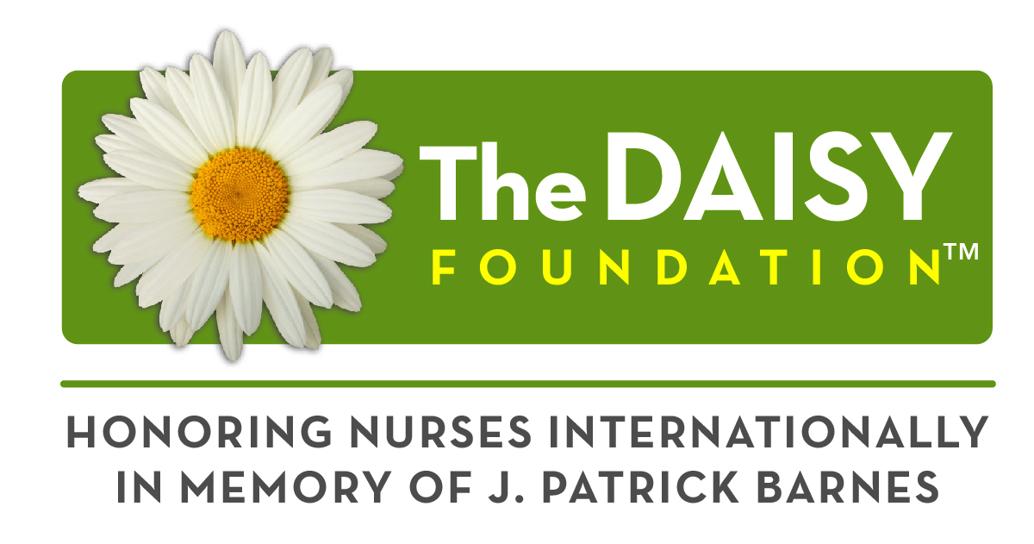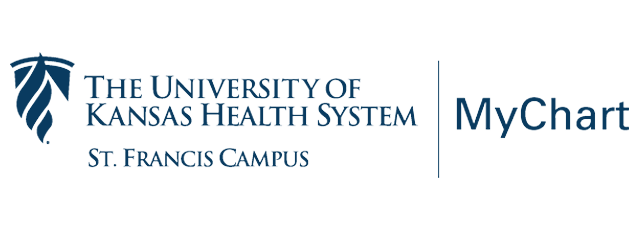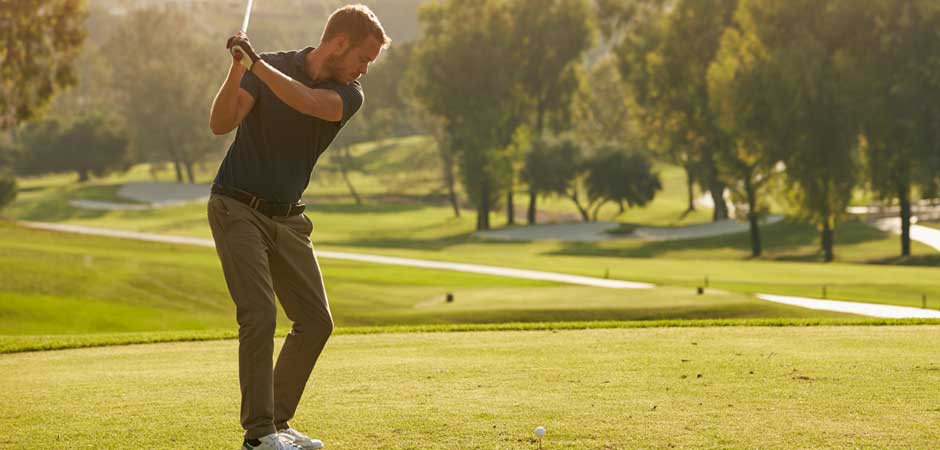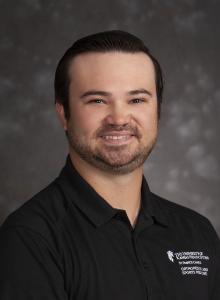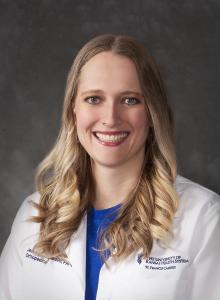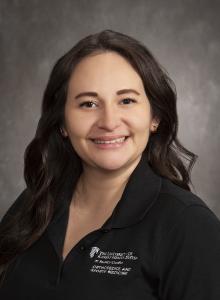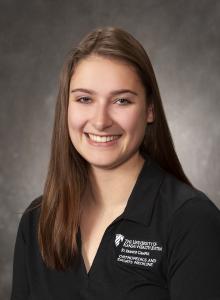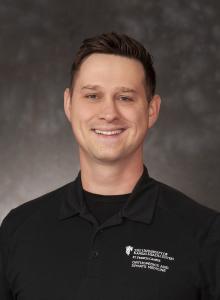Sports Medicine
Sports medicine clinic in Topeka
At The University of Kansas Health System St. Francis Campus, we provide comprehensive services to diagnose, treat and rehabilitate patients with sports injuries. Our sports medicine specialists offer orthopedic, surgical, and rehabilitative treatments for patients of all ages. We provide services like concussion management, musculoskeletal care, and a wide variety of orthopedic treatments. Whether you are a youth sports participant, “weekend warrior” or a professional athlete, our providers utilize state-of-the-art equipment and leading-edge techniques to help you get back in the game.
Request more information about our sports medicine services.
Our sports injury treatments
Our sports injury specialists provide care for many high schools in Topeka and Northeast Kansas, so our providers understand what athletes need from their sports medicine care. Attendance at sporting events, prompt access to evaluations, and a thorough explanation of their diagnosis and treatment options are all important elements of our approach to the care of the injured athlete. We also provide our patients with a range of services to ensure they receive the care they need to recover.
Our services include:
- Athletic training services
- Concussion management
- Knee pain treatment
- Orthopedic care
- Physical therapy and rehabilitation
- Surgical treatments
Certified athletic training services
Our hospital provides certified athletic trainers (ATCs) for area school distinct event coverage and community sporting events .When an athlete is injured, the ATC is there to assess the injury and, if needed, expedite the athlete’s referral to an appropriate healthcare professional.
ATCs are highly qualified, multi-skilled healthcare professionals who earn a degree from an accredited athletic training program. They are board-certified and licensed with the Kansas State Board of Healing Arts. ATCs may provide services such as education in injury prevention, emergency care, clinical diagnosis, therapeutic intervention, and rehabilitation of injuries and medical conditions.
ATCs are recognized by the American Medical Association, as well as the National Federation of State High School Association. The American Medical Association recommends an ATC to be in attendance at all school and sporting events.
For more information about how our athletic trainers can provide medical coverage for your sporting events, please call (785) 270-7354.
Concussion management
A concussion is a type of traumatic brain injury caused by a bump, blow, or jolt to the head that can change how your brain normally functions. Anyone with a suspected concussion should be assessed by a medical professional, such as a physician or athletic trainer. Emergent issues may arise over the first 24-72 hours, so patients should not be left alone during this time period.
Patients should go to a hospital immediately if they experience any of these concussion symptoms:
- Balance problems or dizziness
- Blurred vision, or double vision
- Concentration or memory problems
- Confusion
- Difficulty recognizing people or places
- Feeling sluggish, hazy, or groggy
- Headache that worsens, or feeling pressure in the head
- Increased drowsiness or difficulty waking up
- Nausea or vomiting
- Seizures
- Sensitivity to light or noise
- Slurred speech
- Unusual behavior
- Weakness/numbness in arms or legs
Most people fully recover from their concussion within three weeks through physical and mental rest. But for some people, symptoms can last longer. In general, recovery may be slower among older adults, young children, and teens. Those who have had a concussion in the past are also at risk of having another one and may find that it takes longer to recover if they have another concussion.
If you have had a concussion, you should avoid drinking alcohol, driving a vehicle or bike, exercise, operating heavy machinery, and taking sleeping pills. Patients should also avoid aspirin and anti-inflammatory medication (such as Ibuprofen, Naproxen, or Aleve) for the first 3-5 days.
Athletes with a suspected concussion should NEVER return to play on the same day of their injury. It is critical for patients with concussions to rest mentally and physically until ALL symptoms have resolved. Once these symptoms have resolved, patients may start a gradual return-to play protocol:
- Step 1: Light aerobic exercise for 20 minutes (stationary cycling/brisk walking)
- Step 2: Sport-specific aerobic exercise for 20 minutes (skating in hockey/running in soccer)
- Step 3: Non-contact drills (shooting, dribbling, catching, etc)
- Step 4: Return to full-contact practice AFTER MEDICAL CLEARANCE BY PHYSICIAN
- Step 5: Return to full competition
If any symptoms return during ANY step, the patient should rest for 24 hours, then restart the protocol with the previous step.
To schedule an appointment with our concussion management specialists, call 785-233-7491.
Schedule an appointment with our concussion management specialists

